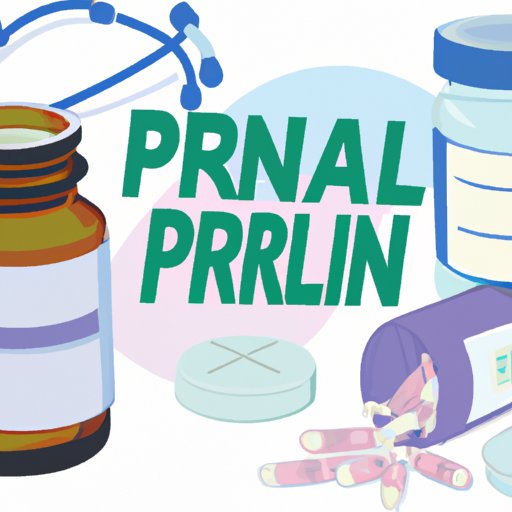
Introduction
A miscarriage refers to the spontaneous loss of a fetus before the 20th week of pregnancy. Miscarriage can be a distressing, emotional, and physically painful experience for women. Every year, millions of pregnancies experience miscarriages worldwide, and knowing the ways to prevent it can help avoid this painful ordeal. In this article, we will outline practical tips to help prevent miscarriage.
Maintaining a healthy lifestyle
A healthy lifestyle plays a critical role in preventing a miscarriage. To achieve this, women must prioritize their health and avoid habits that can harm the body. Eating a healthy diet filled with fresh fruits and vegetables, whole grains, and lean proteins is essential for pregnant women. A well-rounded diet can provide all the necessary nutrients and vitamins required for a developing fetus. Regular exercise is also important, as it keeps the body physically fit.
Eliminating smoking, alcohol, and other drug use of harmful habits during pregnancy is crucial. These habits can increase the risk of miscarriage. Pregnant women should also stay away from raw or undercooked foods, particularly meat, which could cause bacterial or parasitic infections that can be harmful to the fetus.
Early prenatal care
Regular prenatal checkups are essential for pregnant women, especially during the first trimester when the risk of miscarriage is highest. These regular visits allow doctors to monitor the progress of the pregnancy, detect any potential problems early, and offer guidance and support to expectant mothers.
It is important to follow a doctor’s recommendations regarding prenatal care as they can provide vital information that can help prevent miscarriage. Doctors also evaluate the health of the mother and the baby during checkups and can detect problems that may pose a risk to pregnancy, such as high blood pressure or gestational diabetes.
Managing stress
Stress is harmful to the body, and it can also have adverse effects on pregnancy and fetal development. Pregnant women should take extra care to manage their stress levels. Identifying stress symptoms such as fatigue, headaches, or anxiety is important to begin relaxation techniques such as deep breathing, guided imagery, or meditation.
Exercise is also an effective way to release tension, boost mood, and improve sleep quality. Pregnant women can also try prenatal yoga classes or other relaxation techniques, which can help reduce stress levels. Keeping a positive outlook and addressing underlying emotional issues can also help in minimizing stress levels.
Avoiding environmental toxins
Environmental toxins can harm the developing fetus and increase the risk of miscarriage. These environmental risks include chemicals such as lead and mercury, radiation, and tobacco smoke. Pregnant women need to be aware of sources of hazardous exposures like biomasses, air pollution, and water decontamination areas.
Avoiding environmental toxins is critical to safeguarding the baby’s health. Pregnant women should avoid exposure to harmful chemicals, such as pesticides or cleaning chemicals, and limit their exposure to tobacco smoke, lead, or mercury as they can harm the developing fetus.
Monitoring medication intake
Women should be aware of the dangers of medications and drugs during pregnancy. Specific medications, such as certain antibiotics and painkillers, can harm the developing fetus and increase the risk of miscarriage. Pregnant women must discuss any medications with their healthcare provider before taking them.
It is essential to avoid any unprescribed medicines or herbal supplements during pregnancy. Additionally, pregnant women need to be aware of their daily supplements, such as vitamins and minerals, as high doses can lead to toxicity and increase the risk of miscarriage.
Controlling chronic conditions
Women with chronic conditions such as diabetes, heart disease, or thyroid problems need to be extra careful during pregnancy. These conditions can increase the risk of miscarriage, preterm birth, and other complications. Proper monitoring of chronic illnesses and regular appointments with healthcare providers will help maintain pregnancy safety.
Women should work closely with their healthcare provider to manage any conditions they have and understand the impact of their health on pregnancy. It is essential to follow a doctor’s guidance on managing health with a chronic condition properly.
Conclusion
Miscarriage can be a traumatic experience, yet there are actions pregnant women can take to prevent it. Maintaining a healthy lifestyle, early prenatal care, managing stress, avoiding environmental toxins, monitoring medication intake, and controlling chronic conditions are a few practical steps to reduce the risk of miscarriage. By prioritizing their health and well-being, pregnant women can protect themselves and their babies from potential harm.
Additional resources can be found online or through a healthcare provider, so do not hesitate to consult with them for more specific guidance and advice.




